Meet Yeung Koon-yat, the ‘abalone king’ who served Deng Xiaoping and Jacques Chirac
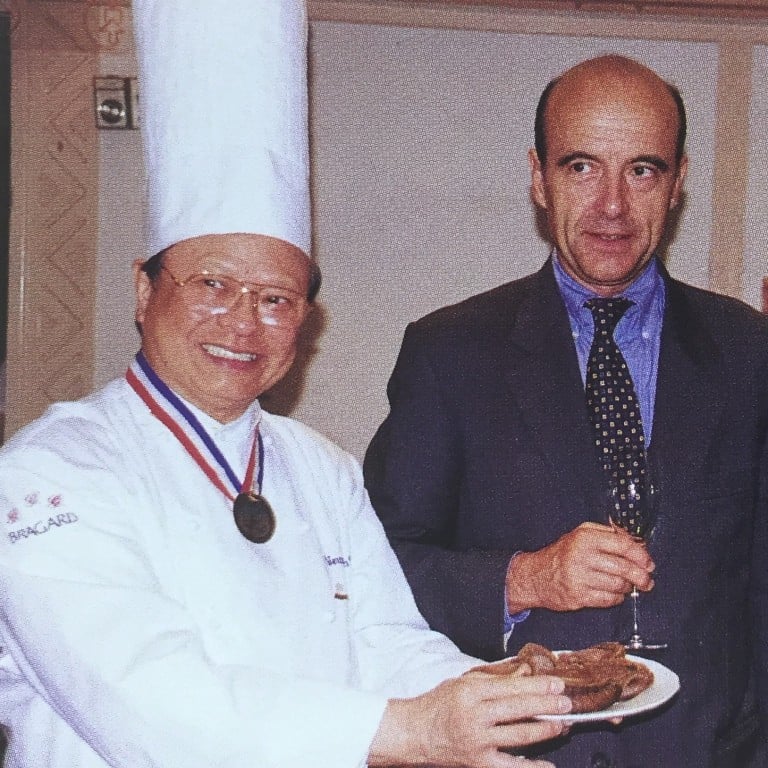
After fleeing mainland China to make his name in Hong Kong, Forum Restaurant’s self-taught chef went on to serve world leaders Jean Chrétien and Alain Juppé – but his fame largely rests on a single dish
Patrons of Forum Restaurant in Hong Kong’s Sino Plaza all know there is one wall near the entrance that must be viewed. On it, there is a photo from the late 1970s depicting Forum’s first incarnation in Causeway Bay, a stone’s throw away from its current location. There are photos of Jean Chrétien and Alain Juppé, former prime ministers of Canada and France, respectively, shaking hands with Yeung Koon-yat. And, there are framed letters praising Yeung’s sumptuous abalone signed by the likes of Jacques Chirac.
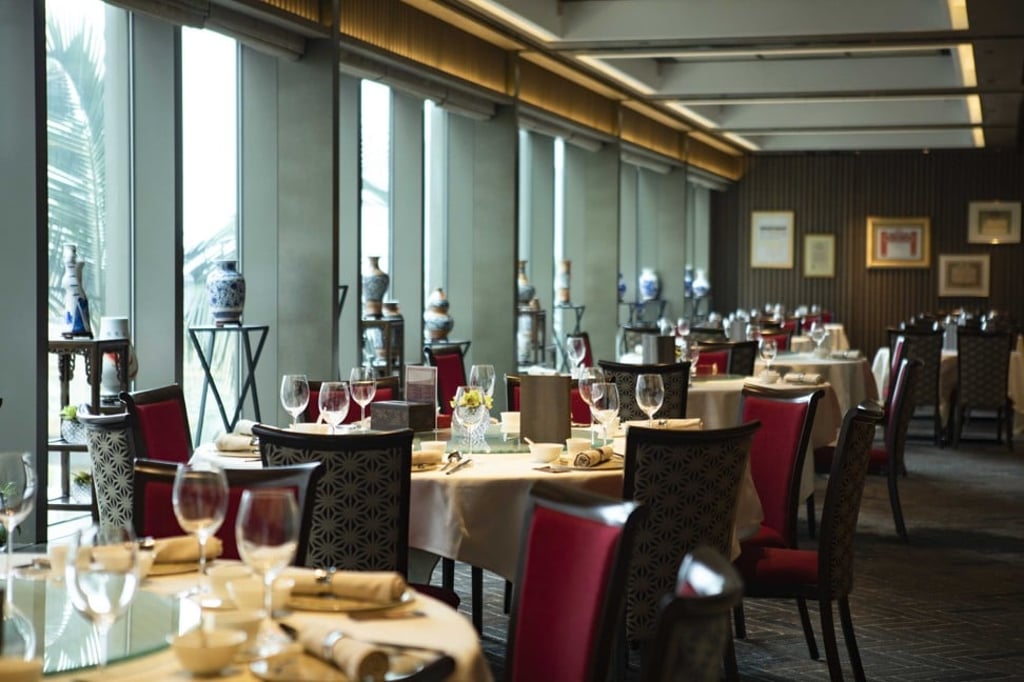
Yeung himself needs no introduction. Indeed, the octogenarian is already waiting when I arrive, even though I was early. As we hover in the open dining area of a private room, customers on their way out after lunch greet Yeung like an old friend, a big brother or a culinary master. They thank him profusely for a delicious meal, and wish him good health. Yeung is humble yet accepting of the praise, knowing that he worked hard to earn it.
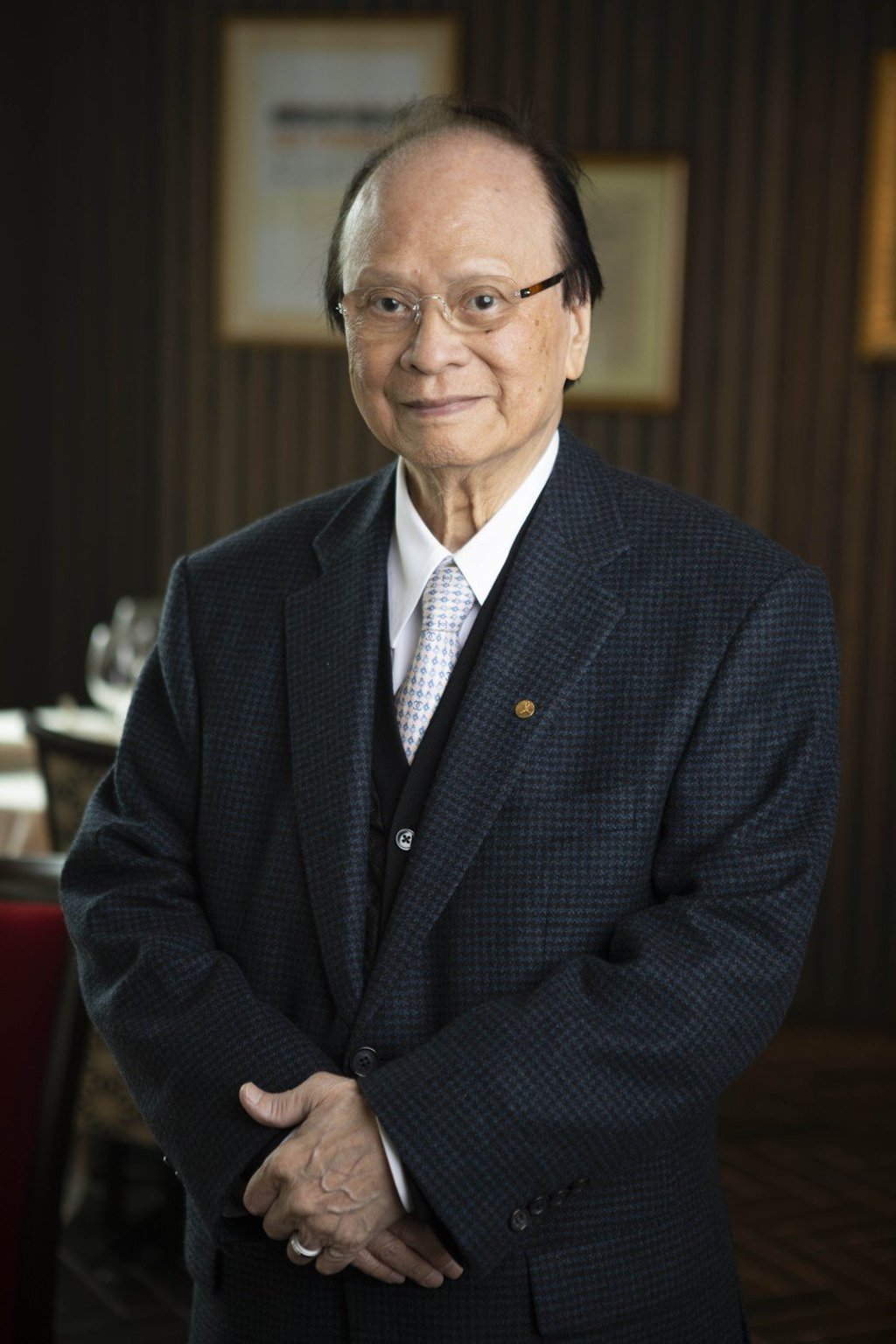
Opening in 1977, Forum received three Michelin stars in the Michelin Guide Hong Kong Macau 2020. If the main criterion for three stars is consistent excellence, then Forum has consistently been the bastion of traditional Cantonese cuisine – and abalone in particular.
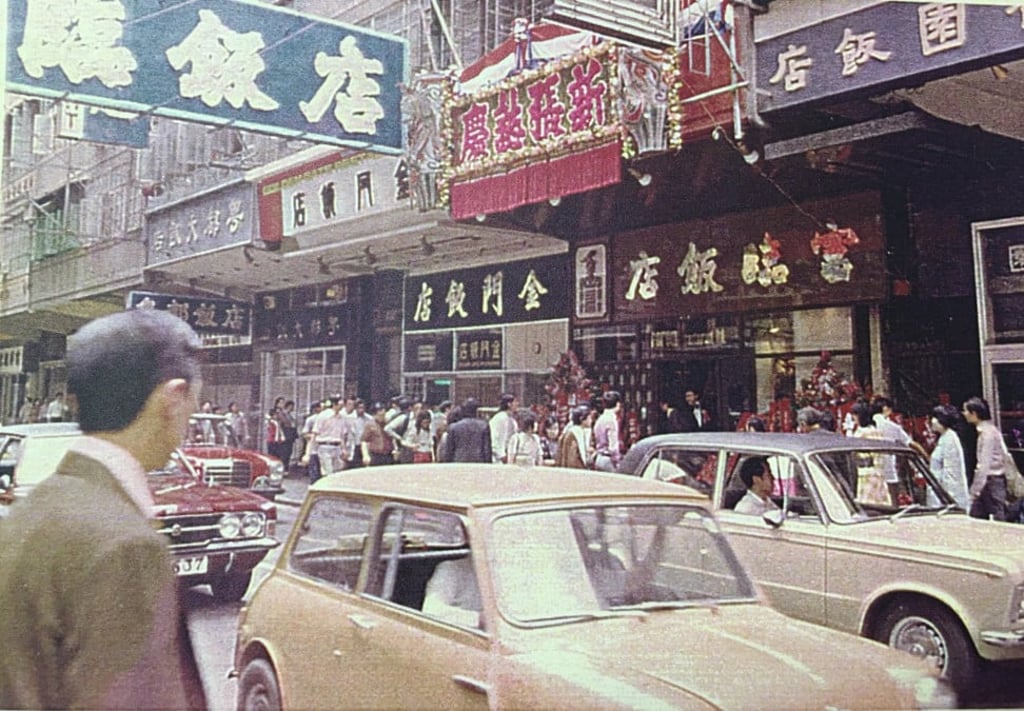
Yeung and Forum’s accolades are the stuff of legends. Less than a decade after opening, Yeung dished abalone to Deng Xiaoping and other dignitaries at Beijing’s Diaoyutai State Guesthouse in 1984. Recommended to the Chinese leader by Yue-Kong Pao of Hong Kong’s Worldwide Shipping Group, Deng famously stated after tasting Yeung’s abalone: “Without open reform, we could never have eaten this delicious abalone.”
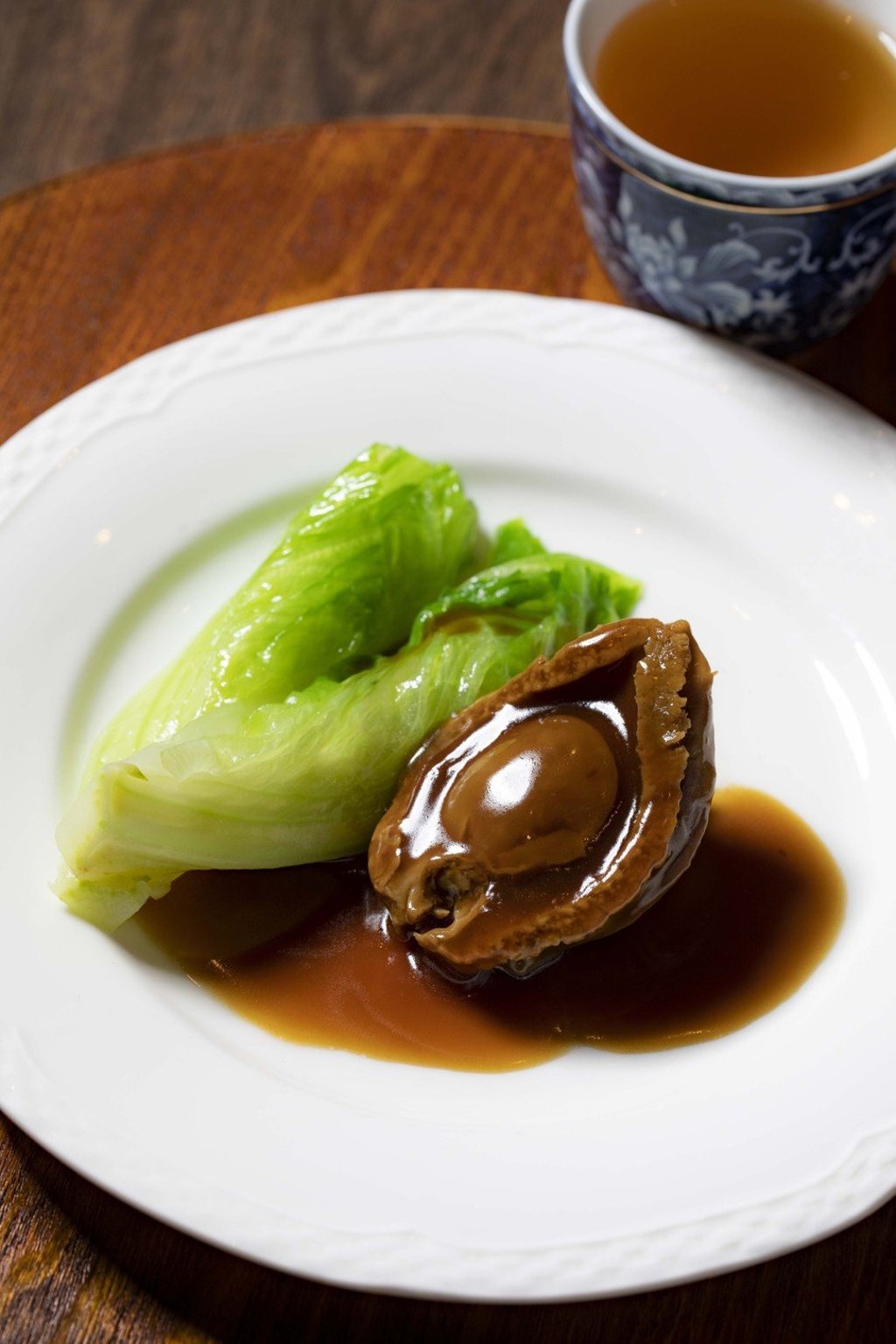
“When I first started Forum, the economy was bad,” recalls Yeung. “We had to support our staff and pay our rent, but I knew that we could not survive with dishes that were on everyone else’s menu. Abalone was a huge investment for us initially, but it paid off. My way of treating abalone resulted in a special dish – so special that its reputation reached the ears of Deng Xiaoping. At Diaoyutai, we only had one day’s notice to prepare abalone for him and the other officials.”
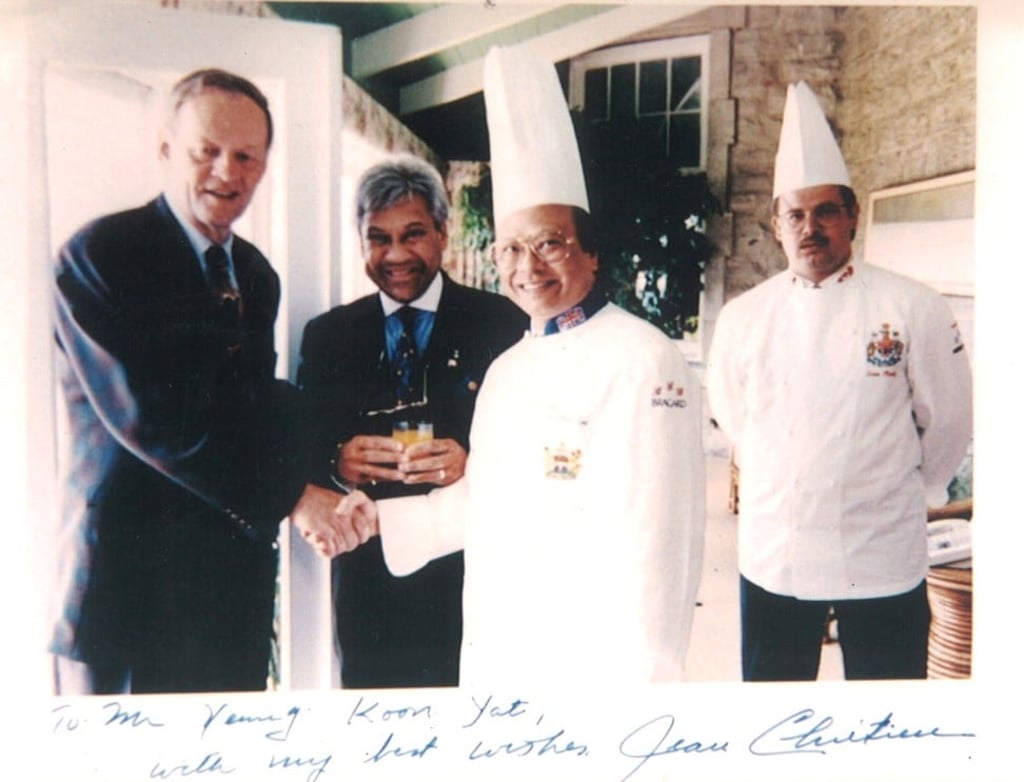
Yeung’s reputation got a further boost when cultural philanthropist Doreen Leung invited him to Singapore to preside over a three-day culinary banquet in 1988. Previously, Singapore’s elite had only enjoyed canned abalone. After Yeung served more than a thousand freshly prepared plates, he morphed into a Southeast Asian culinary hero.
“The entire world knows about my abalone,” states Yeung without a hint of swagger. “The product used to be reserved for kings and emperors because it was so difficult to prepare. I initially looked to Japan to learn how to prepare it. Japanese chefs have been preserving abalone for centuries, as it took many days to ship from Japan to Beijing’s palaces back then. It was originally prepared by women, as ladies pay greater attention to details.”